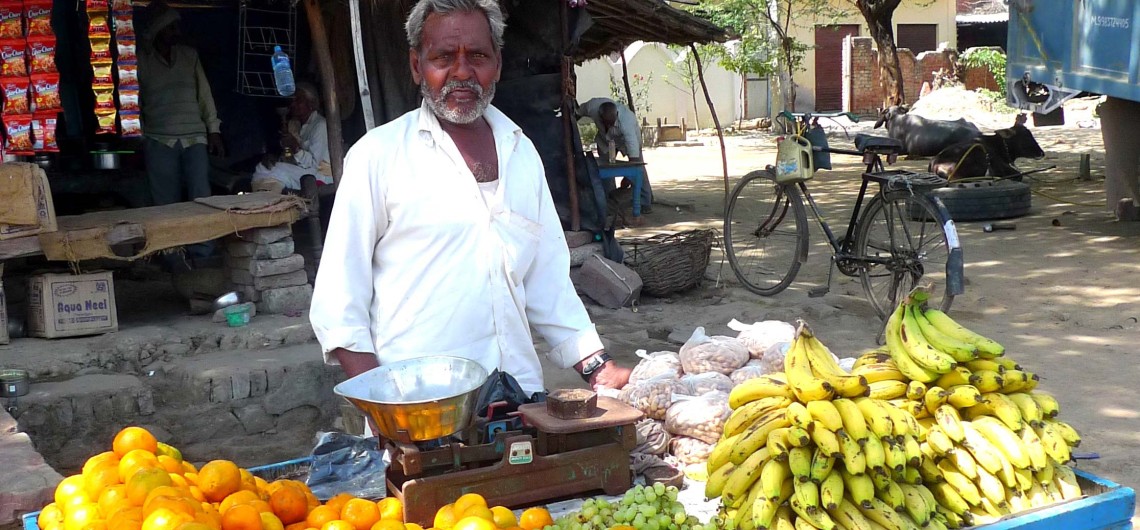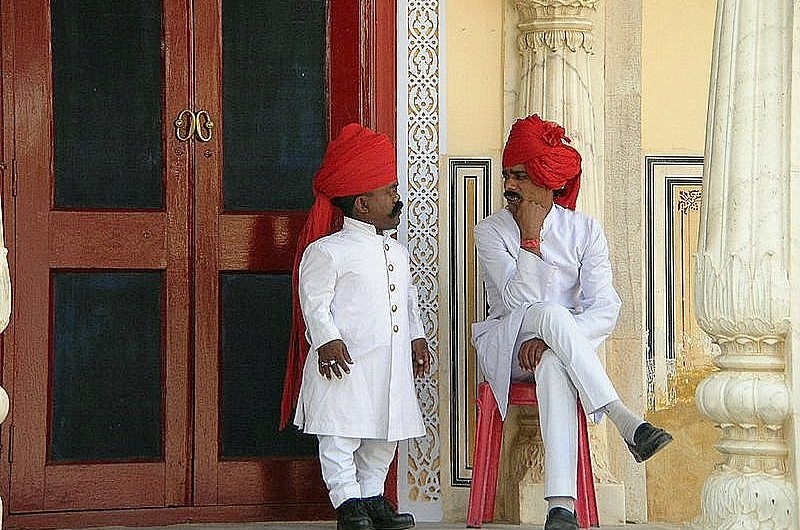Wallah is a word that is followed by someone’s occupation.
For example, if you sell tea for a living you are known as a Chai wallah; if you run a shop, you are a dukaan(shop) wallah;
if you drive a taxi, you are a taxi wallah.
If you sell fruit, fruit wallah
Wallah may refer to:
• Dabbawala, lunch box deliverer
• Auto-wallah, driver of an auto rickshaw
• Chai-wallah, a boy or young man who serves tea
• Attar-wallah, seller of perfumes and extracts
• Kulfi-wallah, maker of Kulfi (Ice-cream)
• Kaan-saaf wallah, ear cleaner
• Bottley-wallah, recycler of printed material, bottles, and these days, electronic gadgets such as TVs
• Dudh-Wallah, this is a caste, an accent and applies to milkmen
• Punkawallah, The servant who keeps the punkah or fan going on hot nights
• Dhobi wallah, laundry worker.
In India the turban is referred to as a pagri, meaning the headdress that is worn by men and is manually tied. There are several styles, specific to the wearer’s region or religion, and they vary in shape, size and colour.
Colours are often chosen to suit the occasion or circumstance: for example saffron, associated with valour sacrifice (martyrdom), is worn during rallies; white, associated with peace, is worn by elders; and pink, associated with spring, is worn during that season or for marriage ceremonies.
Navy blue is a color common more to the Sikhs. It signifies war and royalty, while black is associated with resistance, orange with martyrdom and white with old age, death, or peace; however during times of peace or rallies for peace people will usually be in war gear (i.e. blue) white only has the association.
from: wikipedia


